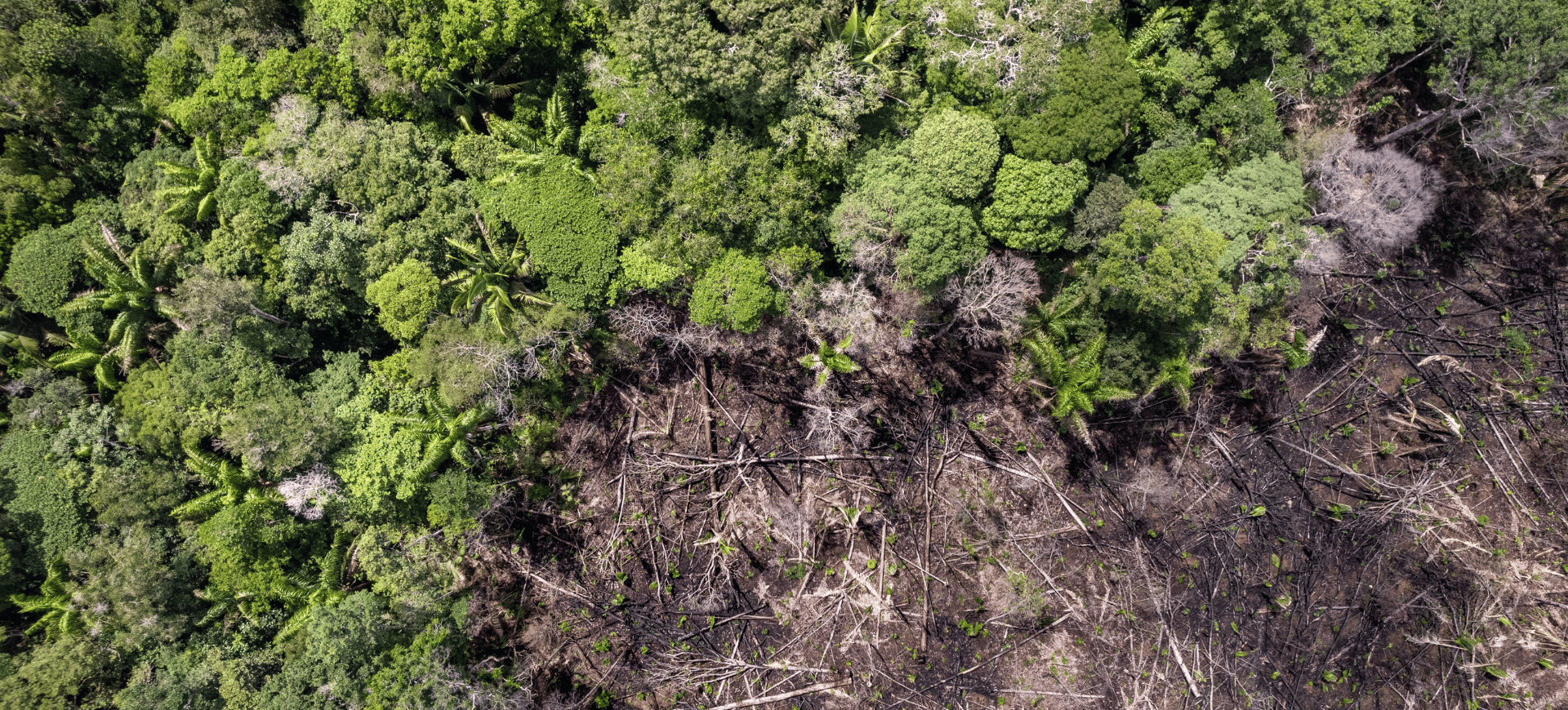Balancing development and climate ambitions
India recognises that the pursuit of economic growth is essential to lift millions out of poverty. But we remain cognisant that our developmental gains are not undermined by our inability to address the causes of our changing climate. Despite being home to 17% of the global population, India’s per capita emissions are a third of the global average. A fast-growing country, India’s demand for energy is only likely to grow in the future. However, we have demonstrated our unwavering commitment to mitigate climate change.
India, ranked seventh, is the only G20 member to make it to the top 10 in the Climate Change Performance Index. We have been able to achieve an affordable, just and clean energy transition and population scale impact. Our renewable energy capacity has more than doubled in the last decade, and we met our first nationally determined contribution nine years ahead of schedule.
Our story shows that a multi-pronged response aimed at multiple levels works, through supporting policy, mobilising finance and delivering technology, at breakneck speed and deployed at scale.
Addressing the challenge – and the opportunity – necessitates greater cooperation among countries, especially from high-income, high-emitting G20 members. These members must take ambitious actions and also provide financial and technical support to developing countries. Conversely, developing countries need to explore growth models that meet their developmental needs while achieving low-emissions growth. India’s approach during its 2023 G20 presidency exemplified this dual focus, emphasising the importance of integrating climate action across various sectors. The Green Development Pact for a Sustainable Future outlines critical agreements, including the goal of tripling global renewable energy capacity by 2030 and increasing climate finance from billions to trillions. This recognition of billions to trillions was extremely important, as access to affordable finance is necessary to drive the investments needed for a sustainable transition. The magnitude of this task cannot be understated. Developing countries will need around $5.9 trillion by 2030 for their NDCs, alongside an annual requirement of $4 trillion for clean energy technologies to meet net zero emissions by 2050. Decarbonising electricity generation, transport and industrial operations necessitates substantial investments, which will require private capital to bridge the financing gap.
To accelerate the deployment of renewable energy, it is critical to de-risk investments in the sector. Several barriers hinder capital flows into renewable energy projects in developing countries, with credit risk a significant concern.
The use of credit risk mitigation instruments, introduced by international institutions and financial intermediaries over the past two decades, remains suboptimal due to high costs, cumbersome processes, inflexibility and slow decision-making. Innovative financial instruments, better project selection and execution capacity in countries, and enhanced financial standards and taxonomies are necessary to align investments with climate goals.
Adapting by innovating
Multilateral development banks and international financial institutions must reform to meet these needs and support the Global South in achieving a green transition through effective financing mechanisms and capacity building support. Strengthening and deploying innovative financing mechanisms, such as blended financing, credit enhancements (e.g., guarantees), debt-for-climate swaps, climate policy performance bonds, green bonds and impact investing, are essential to facilitate this transition. Successful examples include the Asian Development Bank’s partial credit guarantee for solar financing and the International Finance Corporation’s local currency financing for low-cost technologies.
Leveraging their expertise, MDBs and IFIs must also partner with developing countries in building project management capabilities and project pipelines, further instilling confidence in markets. MDBs and IFIs should create blended financing structures to improve risk-return profiles at various levels. Currently, for every dollar they lend, MDBs mobilise only $0.60 in private capital; this should increase to at least $1.50, if not $2.00.
The Independent Expert Group on Strengthening MDBs, initiated under India’s G20 presidency, offers transformative recommendations for modernising these institutions to better address the changing global development landscape. They include expanding MDBs’ capital base, improving risk management approaches and leveraging private sector capital to amplify development finance. The IEG highlights the urgent need to update the outdated MDB system to address contemporary global challenges more effectively.
Commitments to climate finance have been made in the past, but have not been time-bound and came with cumbersome processes. India calls for developed countries to establish time-bound goals for increasing climate finance, with clear accountability measures and streamlined processes. Although mitigation remains crucial, India emphasises the need for more funding to support adaptation, particularly for vulnerable communities. Building on the progress made by
the 27th Conference of the Parties to the United Nations Framework Convention on Climate Change, India will seek stronger commitments to finance loss and damage caused by climate change.
India will also push for enhanced mechanisms to support technology transfer for low-carbon development. Green hydrogen, aimed at tough-to-reform decarbonising sectors, or small modular reactors are considered transitional technologies for achieving net zero emissions. They require countries to
collaborate and facilitate technology transfers. Biofuels can be a means to foster rural development, create jobs and reduce import costs in developing countries. Technology is also important in reducing material intensity, encouraging substitution and decreasing dependency on a few supplier countries. Scaling up recycling of minerals and materials is also critical. G20 and COP policymakers can play a key role by incentivising recycling, supporting efficient collection, and funding research and development into new recycling technologies.
Ensuring energy security is key to reducing poverty and promoting sustainable development in developing countries, which require support in their energy transition. There are significant opportunities for economic growth and job creation, but also challenges related to energy security, equity and affordability. Balancing these elements is vital for successfully implementing renewable energy solutions. Because each country has a different starting point, a mix of policy instruments is essential in the fight against climate change.
India stands at a crucial point in its climate finance journey. By pushing for stronger global commitments, simplifying access to funds and fostering private sector involvement, India can secure the resources needed to achieve its climate ambitions while advancing sustainable development.












